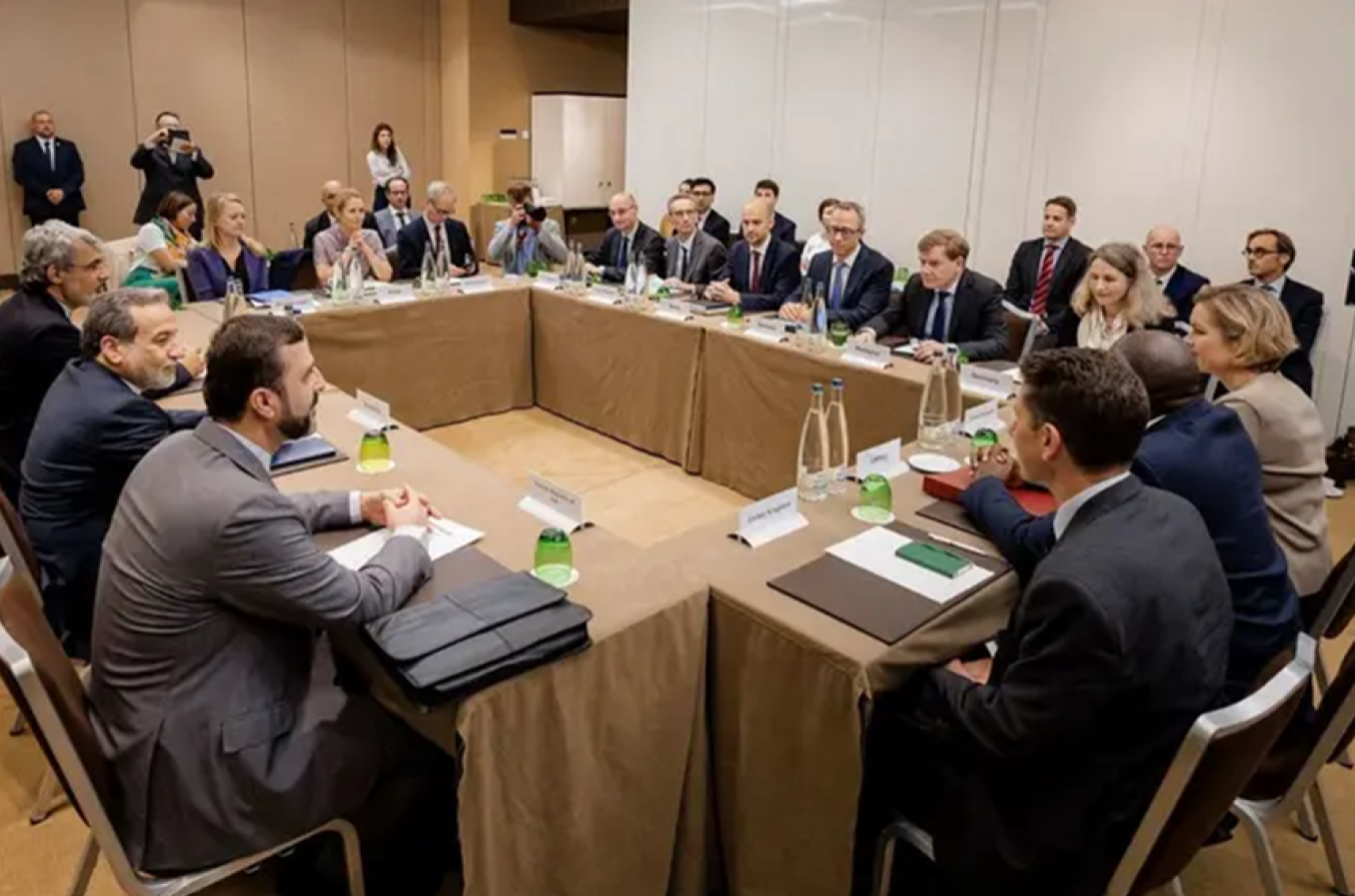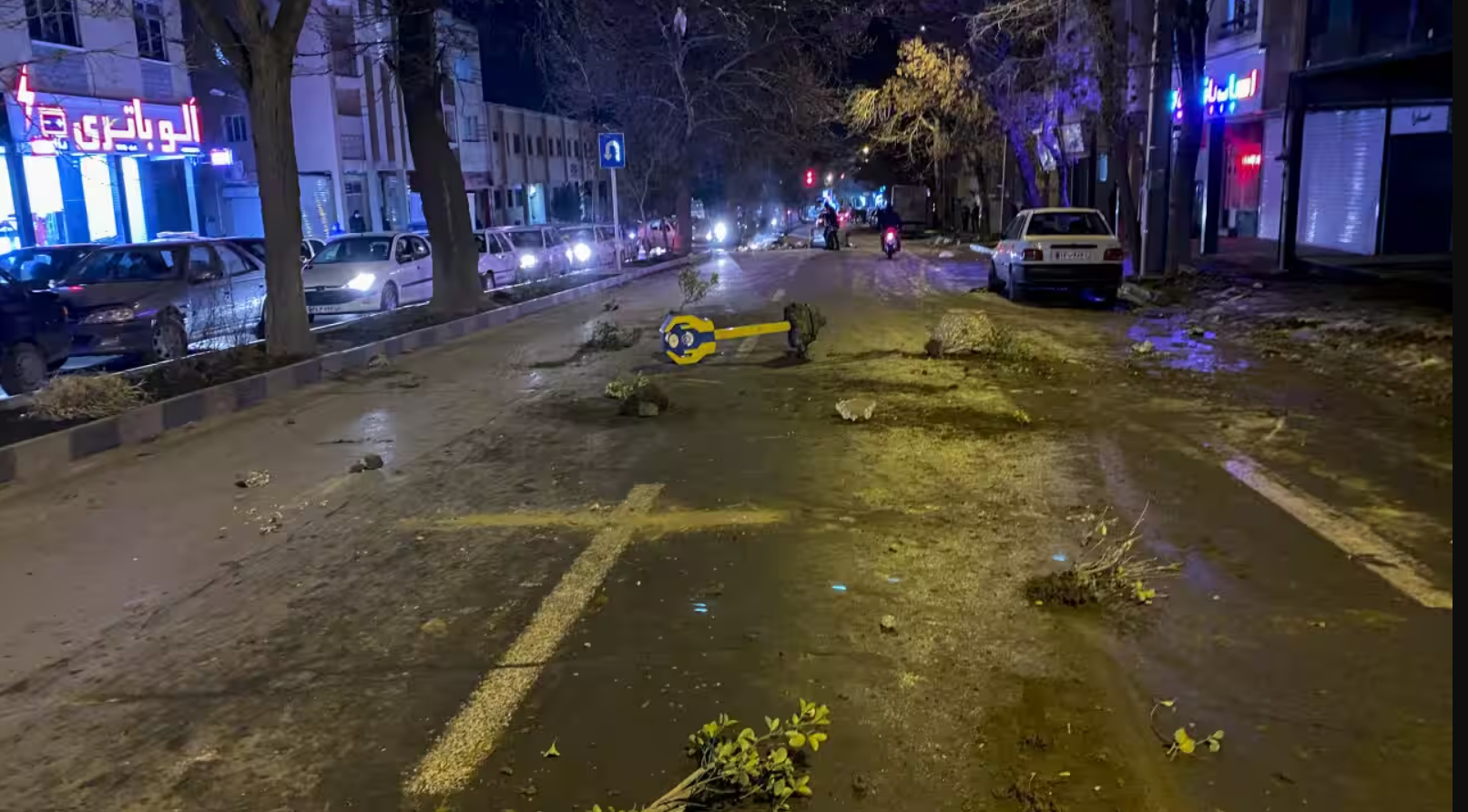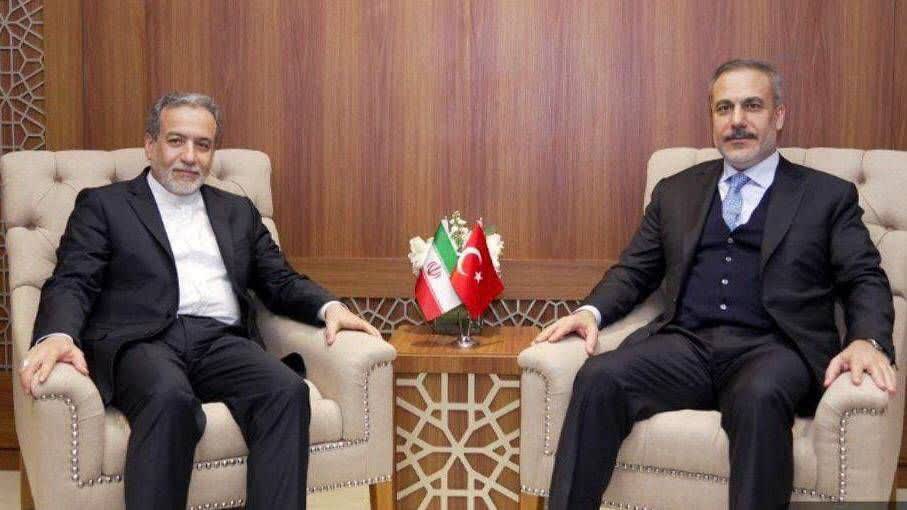Europe’s threat to activate the snapback mechanism is not an effort to resolve nuclear disputes, but rather a sign of a fruitless gamble: turning Iran into a bargaining chip with the United States. A gamble taking place in a nuclear case overshadowed by war, while the war in Ukraine has turned into a quagmire for the West, and the global strategic environment is shifting toward multipolarity. In this equation, Europe is not seen as an effective partner for the U.S., but merely a “freeloader” — and this is the very reality Brussels will sooner or later pay the price for, by wagering on Iran.
Afifeh Abedi – Iran View 24
Amid an unprecedented trust crisis between Iran and the three European parties to the former JCPOA, the threat by London, Paris, and Berlin to activate the snapback mechanism not only darkens the prospects of any future negotiation or nuclear agreement but also seriously challenges the conceptual foundations of Iran’s strategy to “separate Europe from the U.S.”
The recent European threat — issued at a time when Iran has taken a clear path toward cooperation with the IAEA, and despite American and European betrayal of the JCPOA and the Agency’s lack of support for Iran’s safeguarded nuclear facilities — carries messages beyond a legal or symbolic gesture. From Tehran’s perspective, this move is interpreted not only as a return to Europe’s maximum pressure policy, but also as a warmongering approach.
In Tehran’s view, threatening to reinstate UN sanctions under Security Council Resolution 2231 is not a technical response to alleged Iranian violations, but a purely political move aimed at aligning Europe with America’s bullying policies and enhancing Brussels’ bargaining power in transatlantic matters. Crucially, these three European countries, having failed for years to fulfill their commitments under the dispute resolution mechanism, are now seeking to revive it — without any legal legitimacy and through the logic of coercion.
Tehran sees this measure not as a step toward resolving disputes, but as a tool for European bargaining with Washington through increased pressure on Iran — and all this at a time when the Islamic Republic, despite voluntary cooperation and broad IAEA oversight, has also been subject to military attacks by the U.S. and the Israeli regime, with significant damage inflicted on its nuclear facilities.
If activated, the snapback mechanism will once again escalate the securitization of Iran’s file on the international stage — a trend that, alongside the 12-day imposed war by the U.S. and Israel (with European support) and the expansion of economic sanctions, will increase the costs of diplomatic engagement and favor deterrent and security-centered solutions. In reality, Europe is resorting to threats at a time when the strategic environment around Iran’s nuclear issue is shaped by military confrontation, and the global order is shifting toward multipolarity and a redefinition of power relations.
From Tehran’s perspective, the snapback activation would mark a return to zero trust and an attempt to sideline diplomatic and cooperative options — including Iran’s voluntary cooperation with the IAEA. The three European states believe that pressure and threats can alter Iran’s strategic foreign policy, but they fail to realize that such pressure will only deepen the geopolitical rift between Tehran and the West, and further erode the legitimacy of international institutions.
Should the snapback be implemented, not only would UN sanctions — largely symbolic — return, but the path for future negotiations would become significantly more difficult and costly. With such a step, Europe would deprive itself of its only remaining opportunity to play an independent role in Iran’s nuclear diplomacy and would once again surrender the field to Washington. It seems Europe is offering this option to the U.S., even though the Trump administration clearly demonstrated it values no deal — not even with the EU and its major powers — unless it fully serves Washington’s interests.
Despite the JCPOA’s failure, Western betrayals, and the IAEA’s shortcomings, the Islamic Republic of Iran has consistently emphasized diplomacy as a priority and still leaves the door open for constructive European engagement — provided there is genuine political will in European capitals. Otherwise, in the face of hostile actions and overt geopolitical maneuvering, Iran will be left with no choice but to redefine its security, economic, and diplomatic strategies. The possible return of UN sanctions will generate more regional chaos than effective pressure on Iran.
Two Paths Ahead
Europe now stands at a critical crossroads. The first path is to continue its failed pressure policy, ignore on-the-ground realities, and blindly follow Washington — a path that not only fails to solve the nuclear issue but also damages Europe’s credibility as an independent actor in the shifting global order, and eliminates its last opportunity for constructive involvement in Iran’s case.
The second path is to return to balanced diplomacy, intelligent de-escalation, and the use of Iran’s economic and security potential. If Europe still sees itself as a defender of international law and institutional order, it must pursue trust-building mechanisms instead of snapback threats — mechanisms rooted in dialogue, mutual respect, and recognition of legitimate interests.
Now is the time for Europe to decide whether it seeks to be a responsible, independent player in a rapidly evolving world — or remain a passive follower of U.S. coercion, serving only to intensify global crises.







